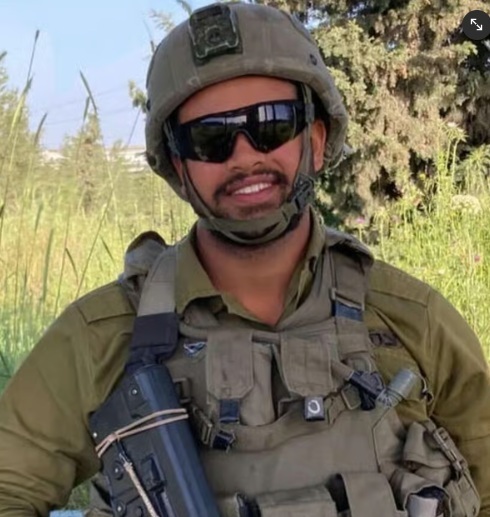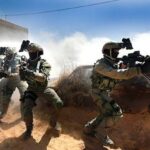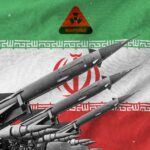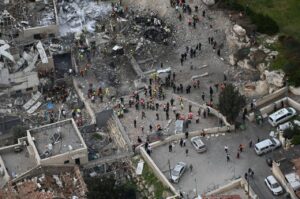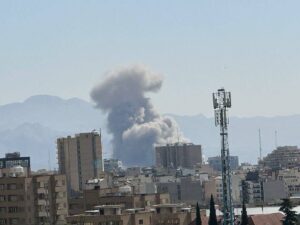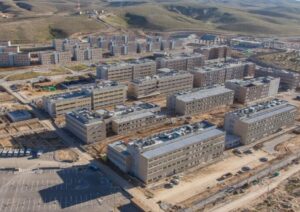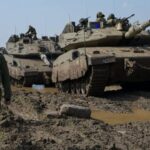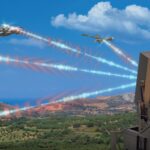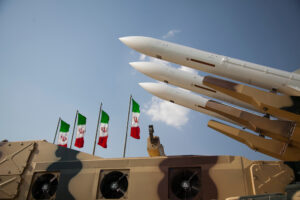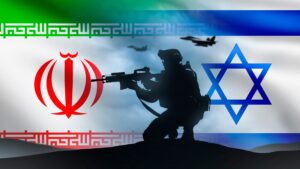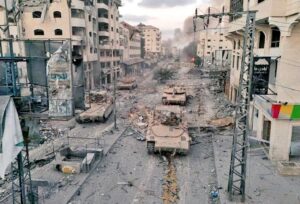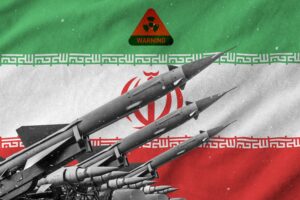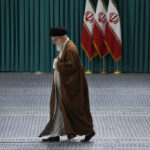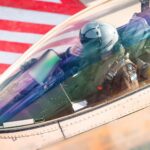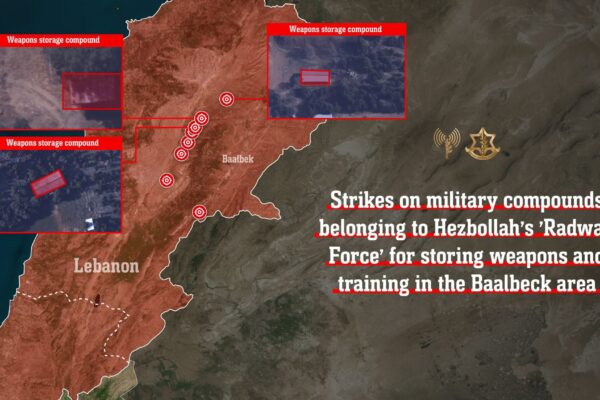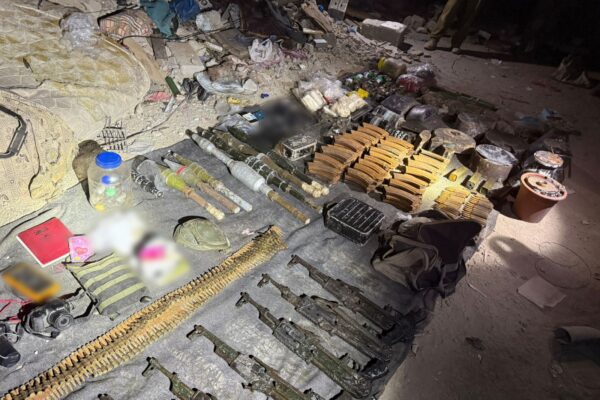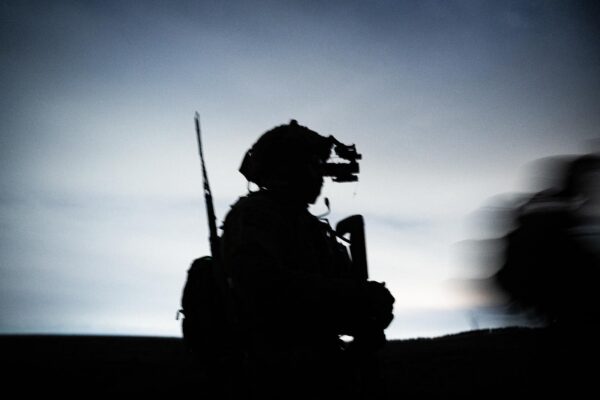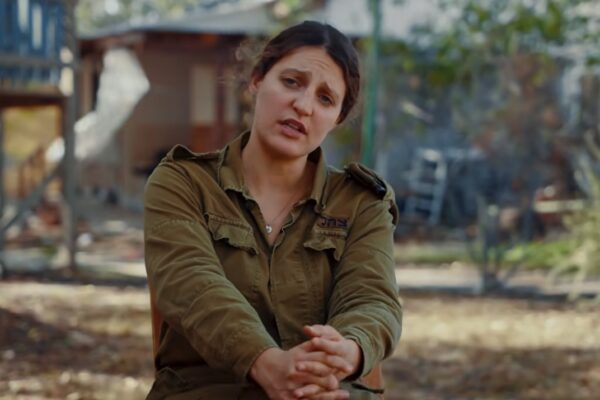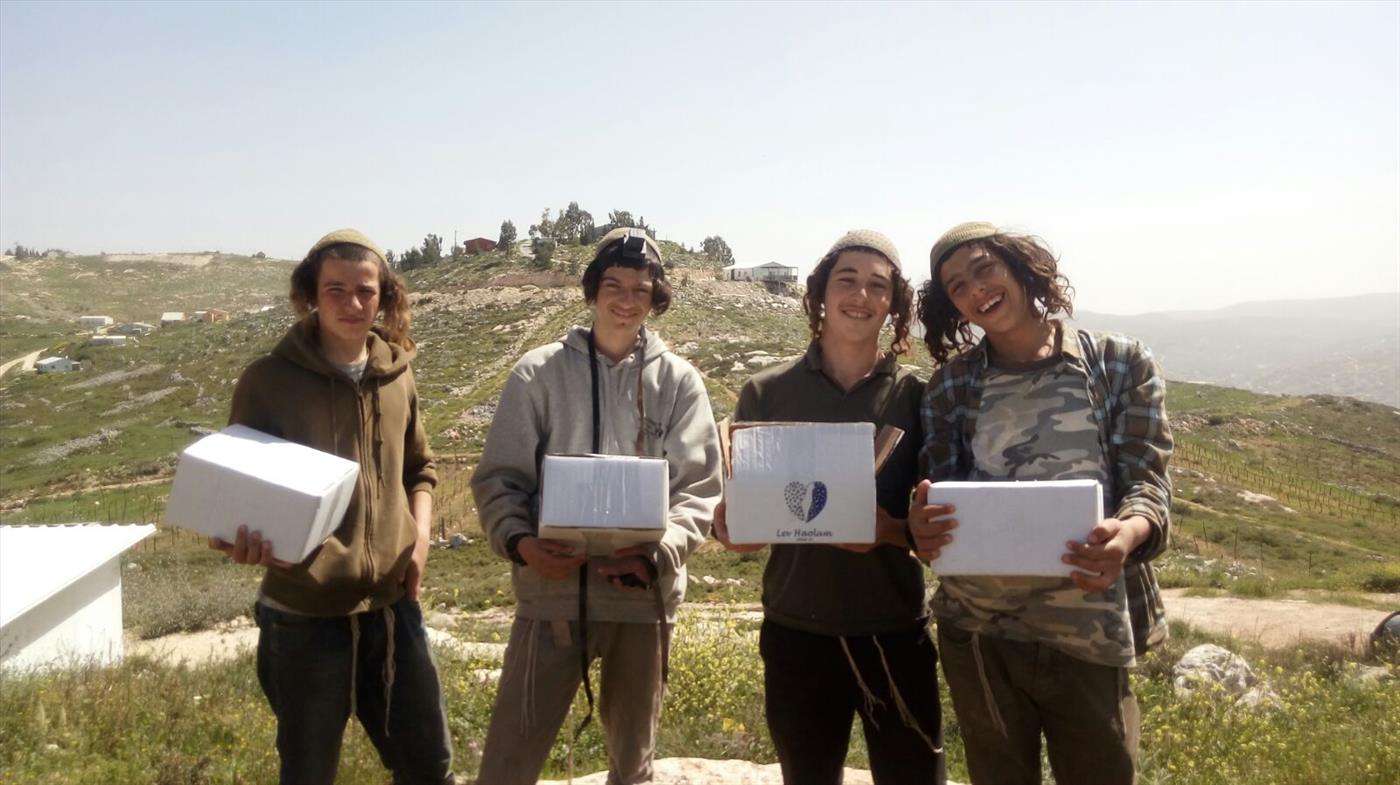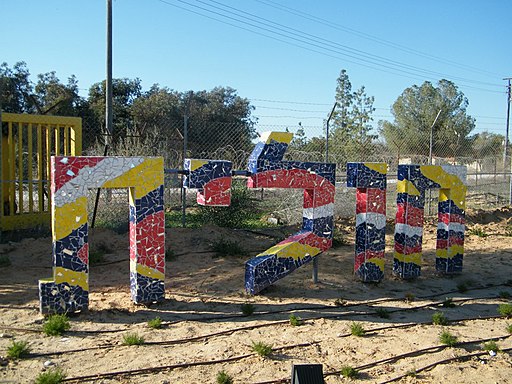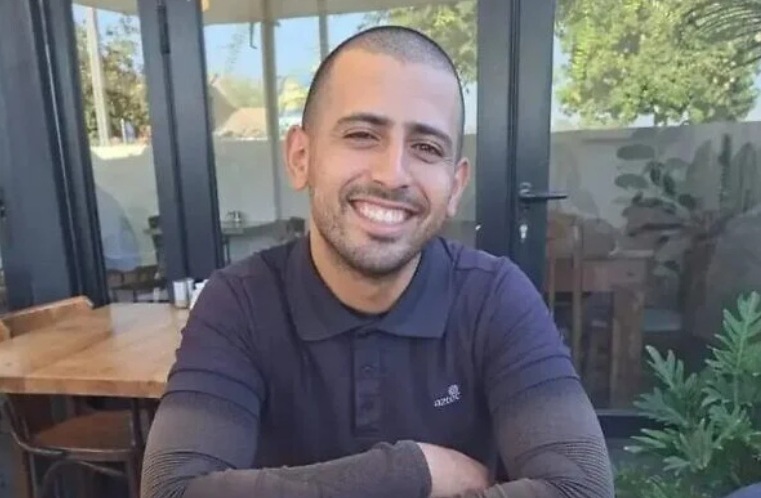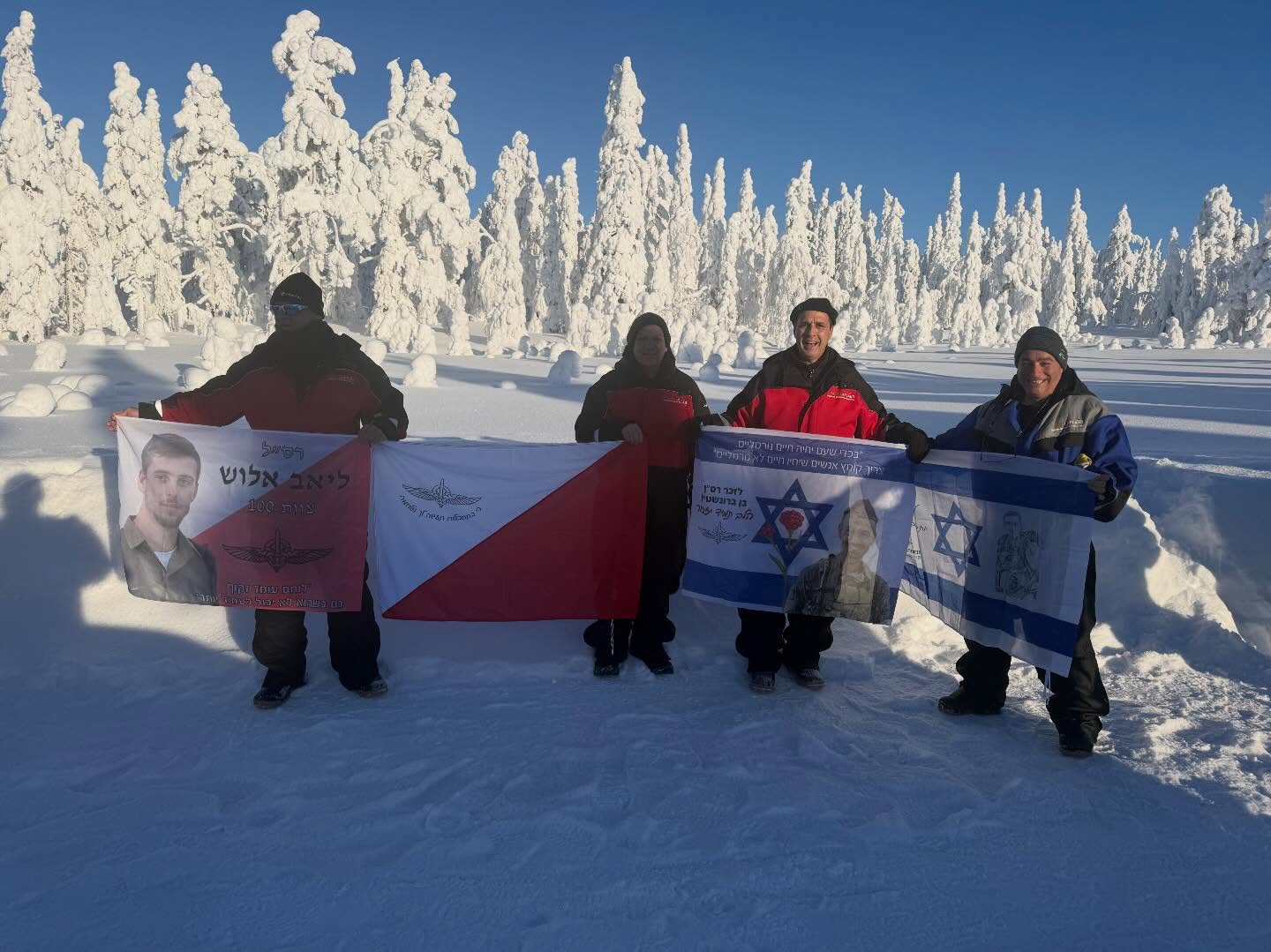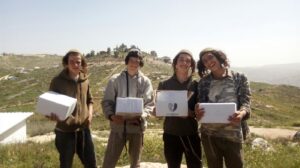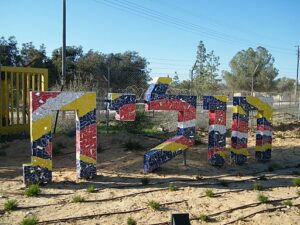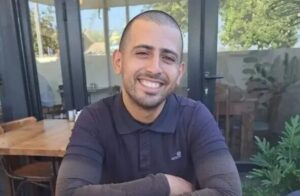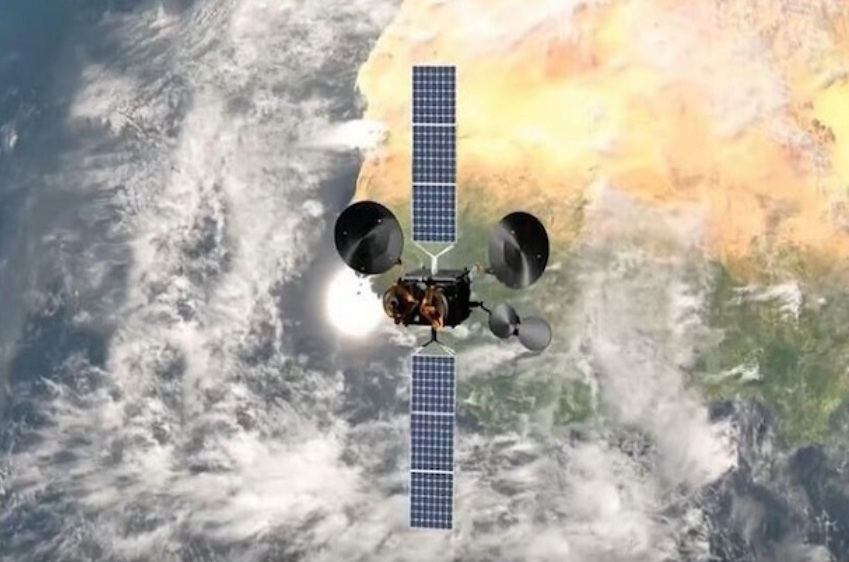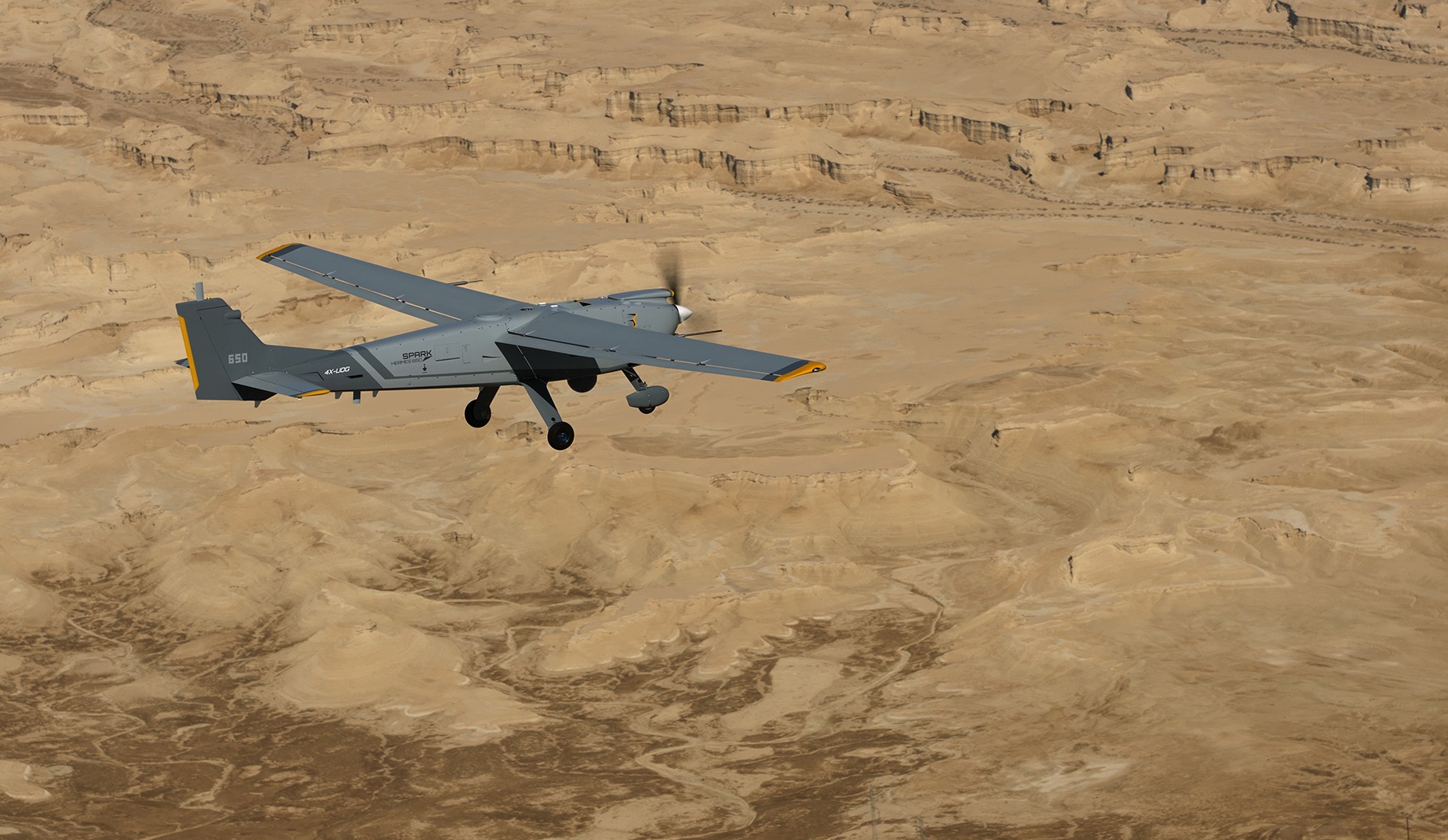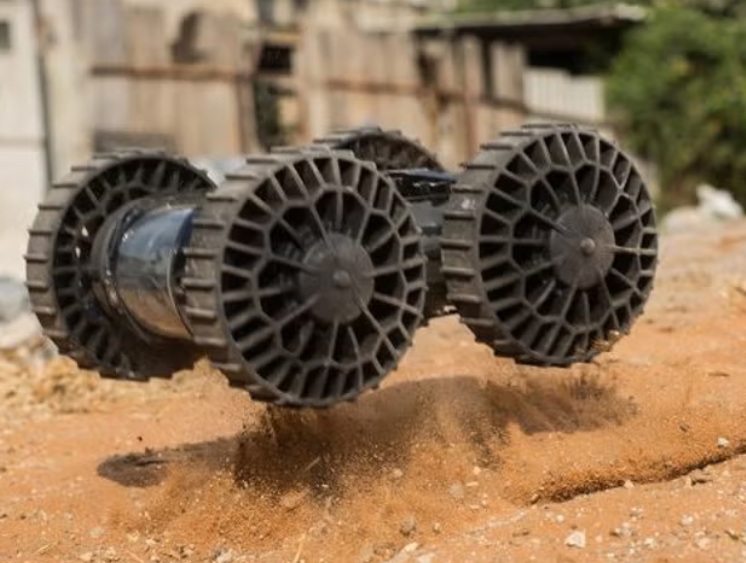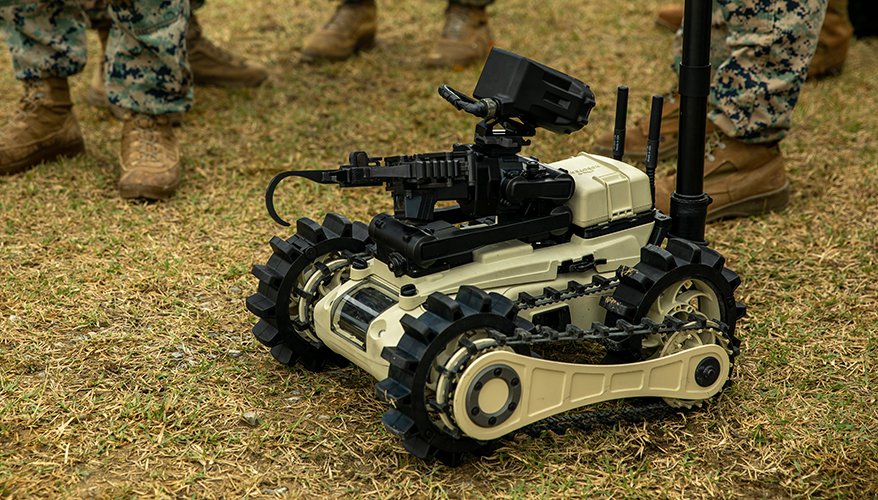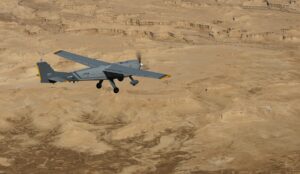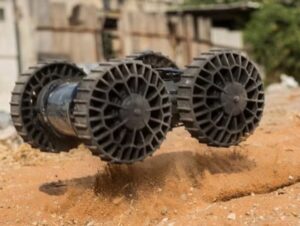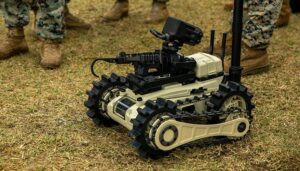‘It felt like a void opened behind me, pulling me in, swallowing me whole.’
By Hezy Laing
Eviatar Bashari, a soldier in the Givati Brigade, began his day like all the others, during his service in Gaza.
On that morning, Bashari and his unit were tasked with clearing suspicious structures in the Zeitoun neighborhood, searching for hidden explosives.
While operating in one building, his commander instructed him to take cover in a particular spot.
Bashari initially stood near a large window but felt exposed and unsafe.
He shifted positions several times, uneasy about his surroundings.
Moments later, a massive blast ripped through the building, throwing him backward with tremendous force.
He recalls the sensation as surreal, almost as if he were outside his own body.
“It felt like a void opened behind me, pulling me in, swallowing me whole.
That image is etched into my mind forever.
I felt myself fading away, powerless to stop it.”
When consciousness returned, the scene was eerie.
For a few seconds there was silence, then a piercing ringing filled his ears, accompanied by the acrid smell of burning.
Through the haze, he called out to his platoon leader, Turgeman, telling him he was injured.
At first there was no reply, but then Turgeman turned, stunned, and said, “Bashari, you’re wounded.”
Instinct took over.
Bashari noticed his hand drenched in blood but avoided examining the rest of his injuries.
He realized that only one of his eyes was functioning.
His company commander, also hurt, tried to help him stand but collapsed soon after.
A medic rushed in, tearing off Bashari’s shirt to treat his wounds.
Bashari later showed the shredded fabric, calling it a reminder of the miracle that saved his life.
Investigators later discovered that the explosion had come from not one but two charges.
Bashari’s decision to change his position had spared him from fatal injury.
“It was the hand of God that placed that thought in my mind,” he reflected.
His journey did not end on the battlefield.
At Sheba Hospital, he was placed on a ventilator and sedated for two days.
Waking up, he found himself wrapped in bandages, unable to move, eat, or drink unaided.
It was a crushing moment, but his mother remained at his side, caring for him with unwavering devotion.
Through the pain, Bashari held onto his faith.
“I had moments of anger toward God, asking hard questions.
I still have questions.
But faith means not being afraid to ask, and accepting that not every question has an answer.”
Eviatar Bashari’s story is a testament to courage, and belief.
From the chaos of battle to the long road of recovery, he continues to embody resilience.
His experience reminds us that even in the darkest moments, faith and determination can light the way forward.


